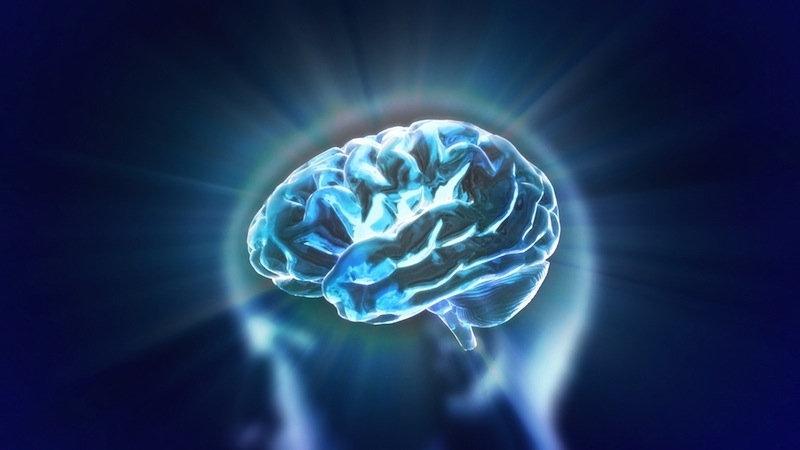Implicit Memory: Definition and Examples

Get the world’s most fascinating discoveries delivered straight to your inbox.
You are now subscribed
Your newsletter sign-up was successful
Want to add more newsletters?

Delivered Daily
Daily Newsletter
Sign up for the latest discoveries, groundbreaking research and fascinating breakthroughs that impact you and the wider world direct to your inbox.

Once a week
Life's Little Mysteries
Feed your curiosity with an exclusive mystery every week, solved with science and delivered direct to your inbox before it's seen anywhere else.

Once a week
How It Works
Sign up to our free science & technology newsletter for your weekly fix of fascinating articles, quick quizzes, amazing images, and more

Delivered daily
Space.com Newsletter
Breaking space news, the latest updates on rocket launches, skywatching events and more!

Once a month
Watch This Space
Sign up to our monthly entertainment newsletter to keep up with all our coverage of the latest sci-fi and space movies, tv shows, games and books.

Once a week
Night Sky This Week
Discover this week's must-see night sky events, moon phases, and stunning astrophotos. Sign up for our skywatching newsletter and explore the universe with us!
Join the club
Get full access to premium articles, exclusive features and a growing list of member rewards.
Implicit memory is sometimes referred to as unconscious memory or automatic memory. Implicit memory uses past experiences to remember things without thinking about them. The performance of implicit memory is enabled by previous experiences, no matter how long ago those experiences occurred.
A subset of implicit memory, procedural memory, enables us to perform many everyday physical activities, such as walking and riding a bike, without having to give it thought. A large majority of implicit memories are procedural in nature. Procedural memory primarily involves learning new motor skills and depends on the cerebellum and basal ganglia.
Priming is another, smaller subset of implicit memory. It involves using pictures, words or other stimuli to help someone recognize another word or phrase in the future. Examples include using green to remember grass and red to remember apple.
Examples of implicit memories
- Recalling the words to a song when someone sings the first few words
- Riding a bike
- Performing simple cooking tasks, such as boiling water for pasta
- Driving a car
- Taking a familiar route each day, such as commuting to work or the store where you shop frequently
- Buttoning a shirt
- Completing tasks that are a routine part of a familiar job, such as sanding for a carpenter or chopping onions for a chef
- Recalling the rules of a simple and familiar game, such as tag or solitaire
- Dialing a phone
- Brushing your teeth
- Typing on a keyboard
Differences between implicit and explicit memory
Implicit memory differs from explicit memory, also called declarative memory, which involves a conscious attempt to retrieve memories of past events. While implicit memory requires little if any effort to recall, explicit memory requires a more concerted effort to bring memories to the surface. While most people can tick off the days of the week from the time they are in grade school — which is implicit memory — it takes explicit memory to recall that you have a dentist appointment next Tuesday.
Other examples of explicit memory:
- Knowing that the battles of Lexington and Concord started the Revolutionary War
- Remembering your trip to Italy last summer
- Recalling the events of Hurricane Katrina
Testing implicit memory
In a 1977 experiment, participants were asked to read 60 believable statements every two weeks and to rate them based on their validity. This was a test of the illusion-of-truth effect — that a person is more likely to believe a familiar statement than an unfamiliar one. Participants were more likely to rate as true statements the ones they had previously heard — even if they didn't recall having heard them — regardless of the truth of the statement.
In a 1984 experiment of implicit memory by Peter Graf, Larry Squire and George Mandler, brain-damaged participants and a control group were asked to study lists of words and attempt to recall them in any order. The control group performed much better on this task than the participants with brain damage. To test their implicit memory, both groups studied the lists of words but were tested by being shown three-letter portions of words with the instruction to produce the first word that came to mind in response to each. Participants would get "cha" and be asked to say the first word that came to mind. The word chair — which had been on the list in the previous portion of the test — in the list primed both groups to produce that word rather than another on the test, indicating that people suffering from brain damage still have their implicit memory in tact.
Get the world’s most fascinating discoveries delivered straight to your inbox.
Related:
Kim Ann Zimmermann is a contributor to Live Science and sister site Space.com, writing mainly evergreen reference articles that provide background on myriad scientific topics, from astronauts to climate, and from culture to medicine. Her work can also be found in Business News Daily and KM World. She holds a bachelor’s degree in communications from Glassboro State College (now known as Rowan University) in New Jersey.
 Live Science Plus
Live Science Plus










